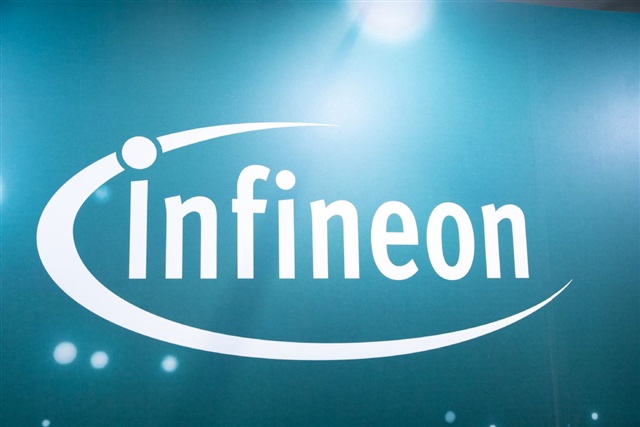China’s key factory activity gauge closed the year with a contraction for a third straight month, suggesting that the world’s second-biggest economy may need more policy support to accomplish Beijing’s economic stabilisation goals in 2024.December’s official manufacturing purchasing managers’ index (PMI) fell to 49 from November’s 49.4, according to data from the National Bureau of Statistics released on Sunday.
This was much worse than the median forecast for 49.5 in a Reuters poll, as China’s first post-Covid year ended with a weaker-than-expected recovery.Earlier this year, PMI readings fell for five months in a row starting in April. After a brief expansion in September, they started falling again in October.
A reading above 50 typically indicates expansion of activity, while a reading below that suggests a contraction.
The statistics bureau pointed to an “increasingly complicated, tough and uncertain” external environment as a key reason for the continued fall.
Stay up to date with the latest in industry offers by subscribing us. Our newsletter is your key to receiving expert tips.

Samsung is reportedly evaluating a potential European semiconductor expansion alongside its South Korea and US manufacturing base, as the region tightens local production requirements and Germany seek

Given frequent price increases across precious metals, wafer foundry services, and packaging and testing, Infineon's announcement of price increases is very telling for the market. The company wil

Nvidia has recently signaled to Samsung Electronics that it hopes to secure early deliveries of sixth-generation high-bandwidth memory, known as HBM4. At the same time, as memory makers devote an incr